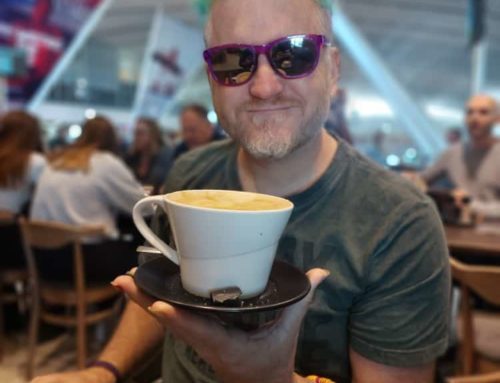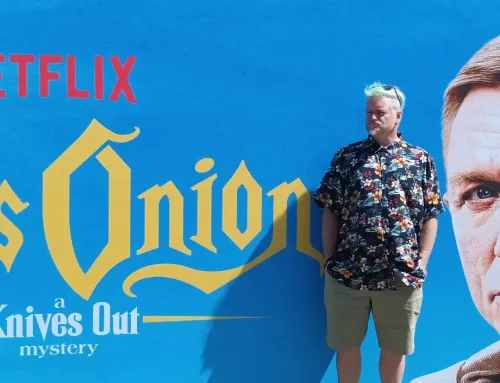So last night was the annual Outliers event and it was incredible – six speakers, six talks, ten minutes each, with ten slides accompanying them. With my wife tbV kicking it off and setting the foundation and then just amazing speaker after amazing speaker knocking it out of the park. The edited videos will be up in a while, but i think some of the talks are already available on their Facebook page over here.
i can’t do the evening the least bit of justice with my words, but here are a few ideas and comments that jumped out at me amidst a whole lot of others.
Tsakani Sabanda spoke about imagining a world that was focused on humans flourishing as opposed to money-making. i imagine most of us cannot imagine a world like that, but it certainly would not have one person buying a 25 million rand property while another person didn’t have a meal. i wonder if it is the rich more than the poor who are unable to dream of a world where everyone has enough before anyone’s greed is entertained? i think too often the rich are able to wall themselves in so comfortably that there is not even the sense that not everyone lives kind of like them.
Also the idea of flourishing when so many in the townships live in survival mode, if that. i think it was Luthando was suggested that you cannot know what poverty is unless it has forced you into the township. So a person living in an apartment where they pay R3000 rent cannot say they are poor. Because there is a ways down to go.
Nkosi, fiery as ever, in the way few others can be, articulated this particular piece well and painfully: In order to end black pain, you have to end white privilege. White privilege was created on the backs of black pain.
The idea was expressed that it cannot just be about giving those on the bottom a hand up or improving their existence – that is actually impossible in terms of available resources unless those who are on the top move down. Which is perhaps one big failing of the Mandela government and transition of power – that relationships were fostered and built and protected at all costs. But life didn’t change for white people very much at all – there wasn’t a lot of sacrifice and little or no reparation, no returning of land that was stolen from under the feet and histories of black and coloured and indian people.
The majority of the stepping towards was done by the people who had previously been victimised by apartheid and white people sat back in their comfort and thought, “Oh look how good we are giving everyone else the vote. Now we can all move on.” Without taking too much time, if any, on, “Wow, we were pretty crap and horrific and evil and dehumanising to black, coloured and indian people, we should do something about the crap, horrific, evil dehumanising things we did.”
There really was a whole bunch more but the idea of ‘cheap labour’ was a phrase i wrote down. The idea of distance and the money connected to that – so we take the poorest people and dump them the furtherest away from where we then ‘need’ them to be so that they can provide cheap labour for us. Yet the ones with the cars and the money to travel and make plans get the prime spots closest to the city and the beaches and the beauty. It doesn’t make sense. Unless you are those people and you make the rules of course.
We were presented with an invitation to see the world differently and i urge you to head to their page and watch some of the videos and the conversation afterwards.
Can we imagine a world that is human driven and not money driven? Or are we too small-minded to think beyond what we have?






![The Road to the Catan World Champs in Malta 2022! [Part II]](https://brettfish.co.za/wp-content/uploads/2022/11/IMG_9944-scaled-e1669831201283-500x383.jpg)
[…] evening with some amazing speakers including tbV and some of our good friends speaking at the Outliers annual Change Cape Town event, where we heard some strong critique as well as some creative dreaming and action being down in the […]